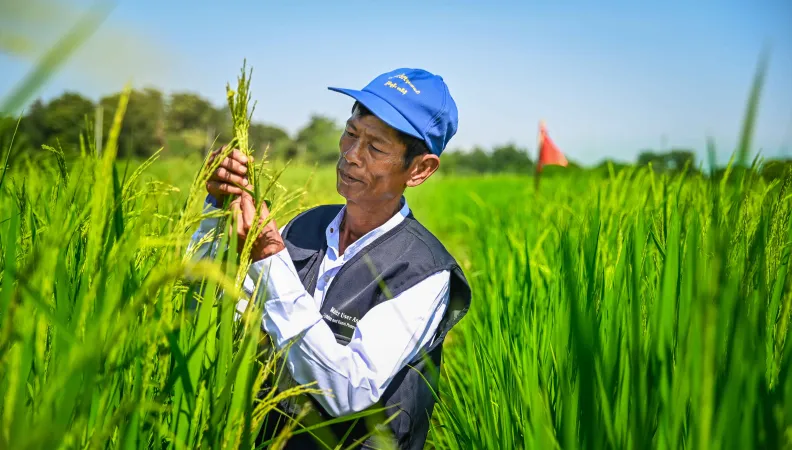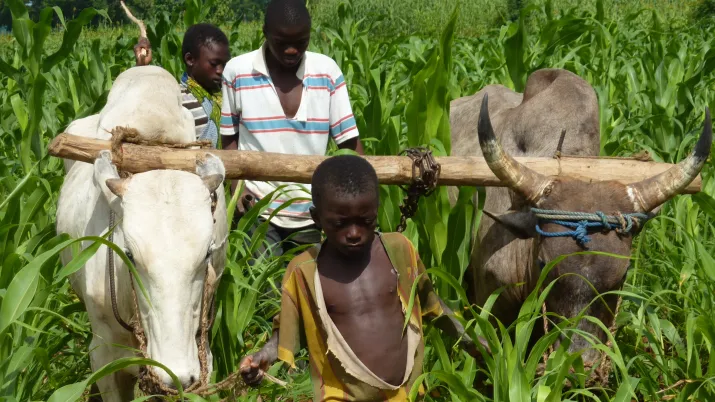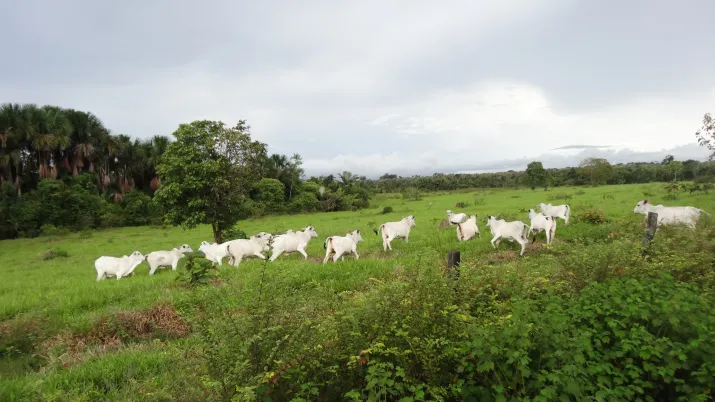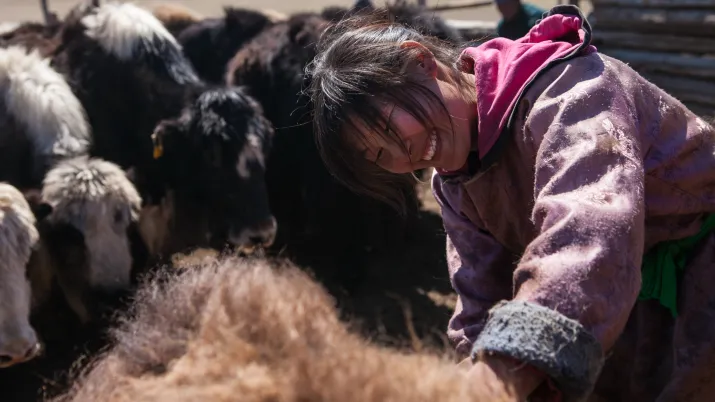Share the page
Promoting agroecology for more sustainable agricultural and food systems (ASSET)
Project


-
Project start date
-
Status
Completed
-
Estimated date of project termination
-
-
Project financing date
-
-
Financing duration
-
4 ans
-
Type of program
-
FFEM
-
Global financing amount
-
€ 18500000
-
FFEM financing amount
-
€ 2899999
-
Project lead member institution(s)
-
AFD
-
Country and region
-
Asia - Multi-country, Cambodia
-
Type of financing
-
Partners
-
CIRAD, EU
-
Beneficiaries
-
Gret
-
Type of beneficiary
-
NGO, Foundation
In response to local demographic and economic challenges, agriculture in the Mekong region has shifted towards specialization and intensification. A choice whose impact on the environment raises questions. The project supported by FFEM aims to develop a sustainable alternative to intensive agriculture: agroecology.
Context
In South-East Asia, particularly in Burma, Cambodia, Laos and Vietnam, the agricultural sector has opted for simplification and specialisation of production systems to cope with the region’s opening up and urban population growth. Conventional intensification resulted from this choice. These developments have led to significant productivity gains and improved living conditions for some farmers, but their environmental impacts are problematic.
The project led by GRET and supported by the FFEM aims to make food and agricultural systems more sustainable by focusing on the potential of agroecology. This model combines performance, socio-economic and environmental sustainability, and resilience to climate change.
Description
This project has two components:
-
Engage and support actors towards agro-ecological transitions and healthy food systems, by consolidating the regional multi-stakeholder alliance in the field of agroecology in Southeast Asia (or ALISEA network) and by organising training, communication and visibility actions.
- Change the scale of agro-ecological innovations and healthy food systems from local to national, through knowledge production and stakeholder support, as well as highlighting the effects of these initiatives.
Outcomes
- Recognition in each country of the ALISEA network, which brings together broad coalitions of actors around a common vision of agroecological transition.
- Development of a resource platform for access to useful knowledge on agroecology.
- Evaluation and capitalization of agroecological transition experiences to feed public policies on socio-economic, environmental and climate performance and impacts.
- Implementation of public policies to support agroecological transition and low-carbon agriculture.
Innovative and exemplary features
The main innovation of this project supported by the FFEM is to anchor the agroecological transition in a theory of change developed with all stakeholders. For each country, a pilot demonstration territory will be selected on the basis of existing local initiatives. A theory of change will then be co-built with project leaders, local and national authorities, farmers' organizations, private companies, etc. to validate a common vision of the transition and a specific action plan. In the long run, the objective is to consider opportunities and modalities for scaling up successful initiatives. The level of intervention (district or province) is also a novelty because most existing initiatives concern groups of villages.





